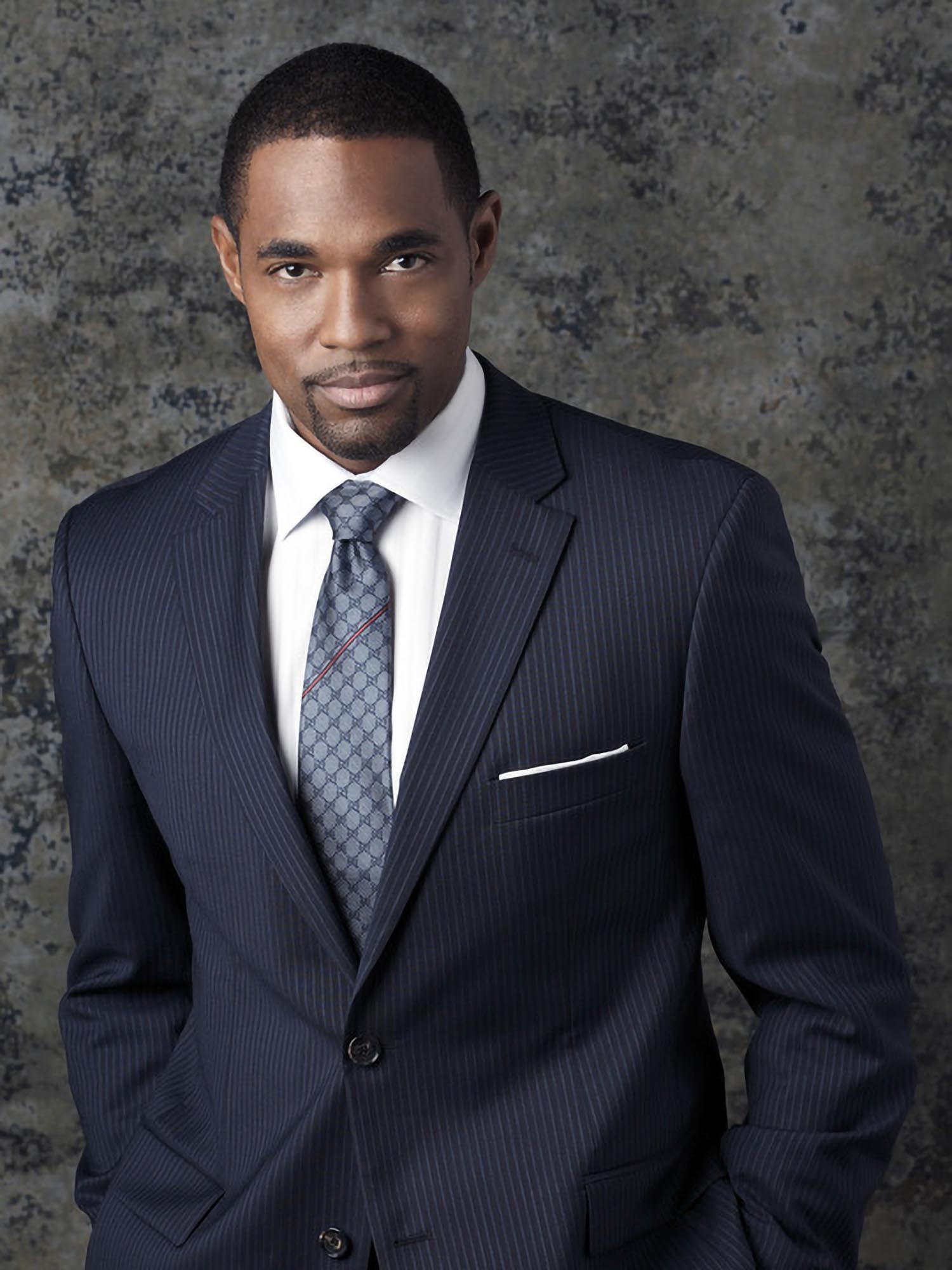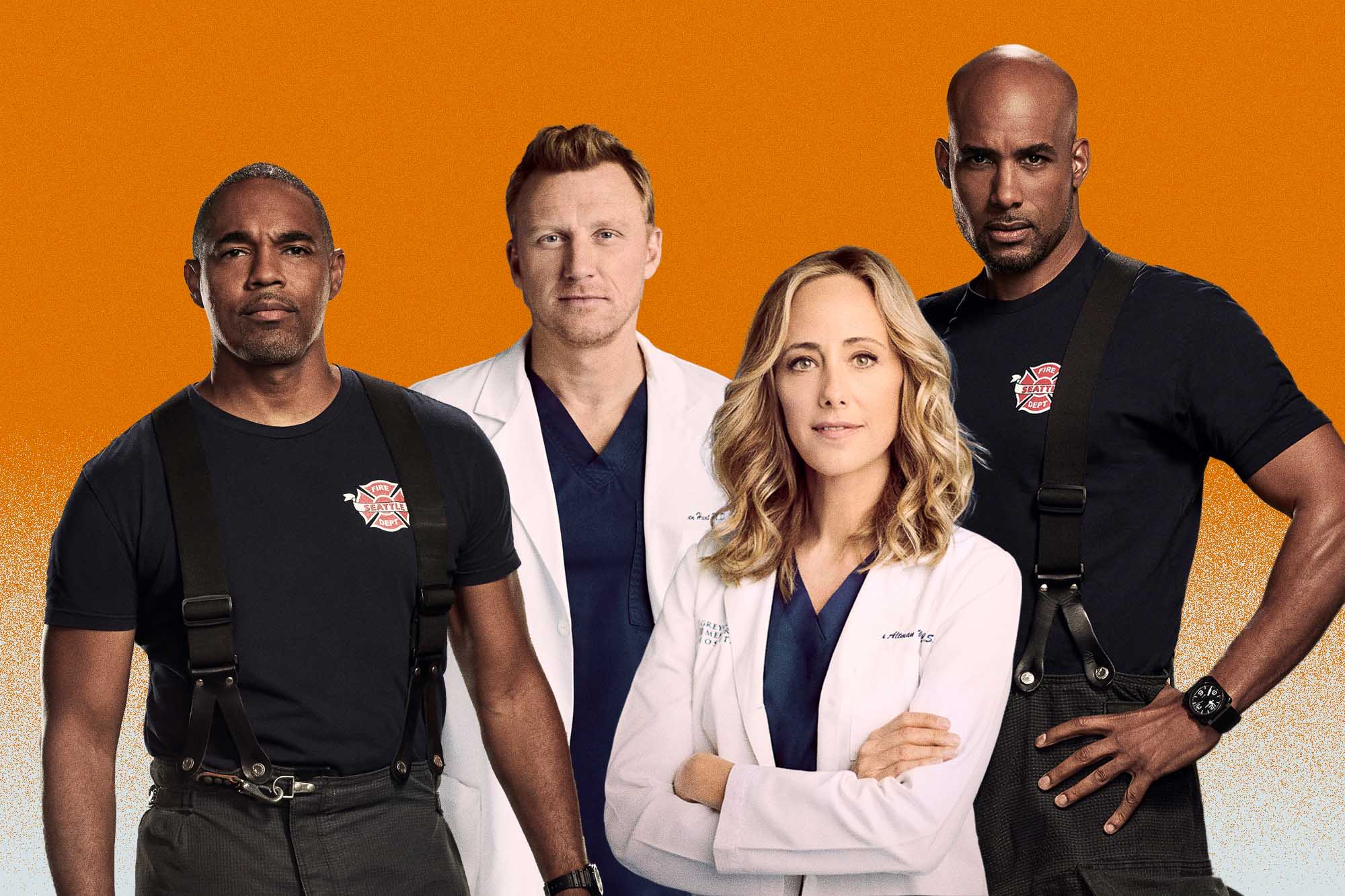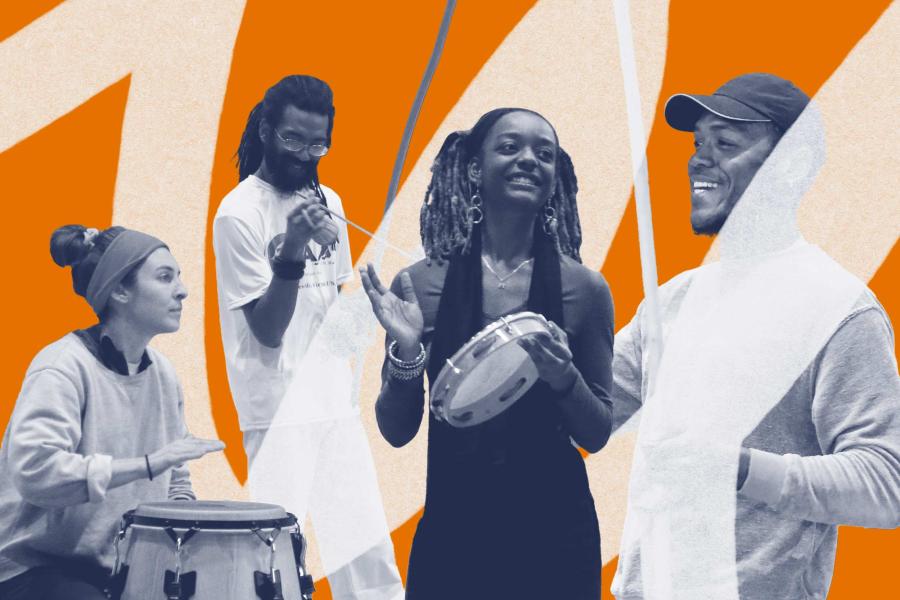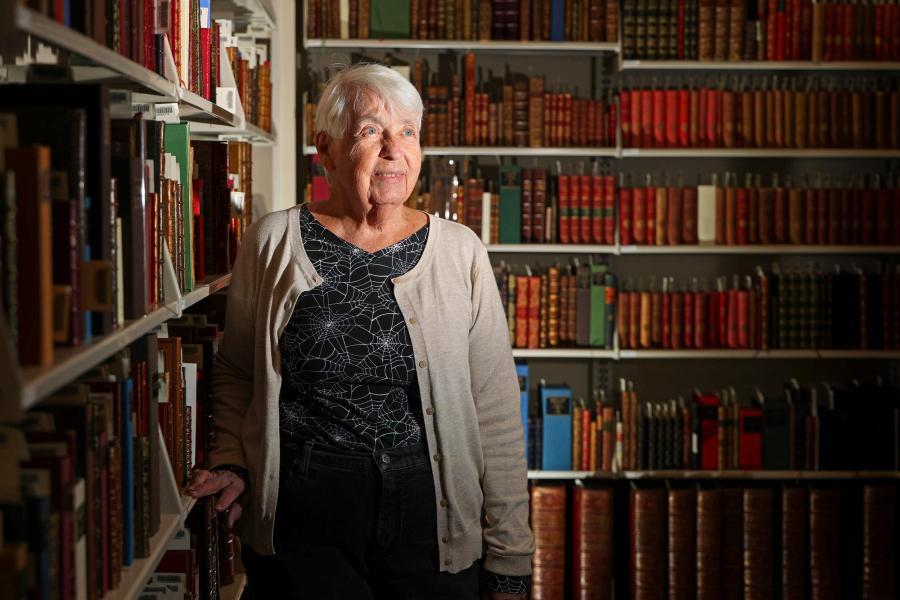One course could change your entire life. That’s exactly what happened to University of Virginia alumnus Jason George, who plays Dr. Ben Warren on ABC’s “Grey’s Anatomy” and its spin-off, “Station 19.”
Jody Kielbasa, director of the Virginia Film Festival and UVA’s vice provost for the arts, introduced George during Sunday night’s installment of the Virginia Film Festival’s virtual conversation, “Beyond the Screen: Reflecting Reality with the Cast of ‘Grey’s Anatomy’ and ‘Station 19.’” The event was moderated by Chandler Ferrebee, the film festival’s program manager; the film festival is a program of the University and the Office of the Provost and Vice Provost for the Arts.
“We so excited to welcome Jason George back to his alma mater,” Kielbasa said. “Many of you might not know Jason was on his way to becoming a lawyer when, on a whim, he and his friend decided to take a drama class here at UVA.”

Jason George graduated from UVA in 1994 with a major in rhetoric and communications studies and a minor in drama. (Contributed photo)
George, a member of the Virginia Film Festival Advisory Board, was joined by his colleagues from “Grey’s Anatomy” and “Station 19.” The panel included Boris Kodjoe, who plays Capt. Sullivan on “Station 19”; Kevin McKidd, who plays Dr. Owen Hunt on “Grey’s Anatomy”; Kim Raver, who plays Dr. Teddy Altman on “Grey’s Anatomy”; and Krista Vernoff, the showrunner for both shows.
In August, as the casts of “Grey’s Anatomy” and “Station 19” returned to set to film another season after pausing during the pandemic, Vernoff grappled with the decision to include COVID-19 in the plot of the upcoming season.
“It wasn’t a no-brainer. It was a constant conversation inside my head for months, while we were on hiatus, and I went back and forth and back and forth,” said Vernoff.
Then Vernoff consulted a real doctor employed by “Grey’s Anatomy,” who was also working on the front lines of the pandemic.
“He said, ‘This is the medical story of our time. This is changing medicine permanently and we have a responsibility to the frontline workers. We have a responsibility to the world. We cannot be the biggest medical show in the world and not do the biggest medical story of our time,’” Vernoff recalled. “There was never a conversation of doing one or two episodes and then skipping forward. If we’re doing a thing, we’re doing it.”
Once they decided to incorporate the pandemic into the plot of both shows, the cast and crew was faced with the challenge of filming a show during the real COVID-19 pandemic.










